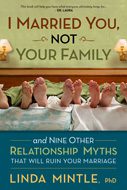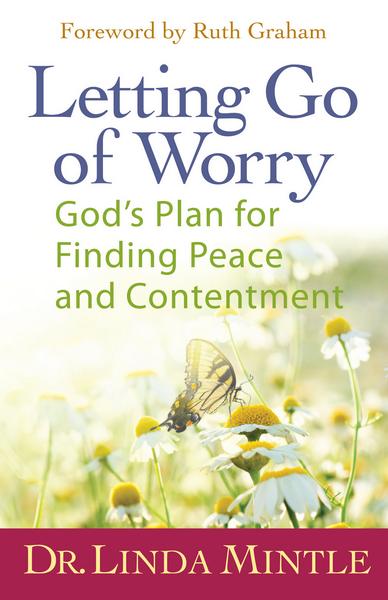 A recent article in the Wall Street Journal entitled, The Gray Divorce” brought attention to a growing trend–divorce after 50. The article reported that for people 50 or older, the divorce rate has doubled in he past two decades. At a time when the overall divorce rate is actually declining, what is up with baby boomers?
A recent article in the Wall Street Journal entitled, The Gray Divorce” brought attention to a growing trend–divorce after 50. The article reported that for people 50 or older, the divorce rate has doubled in he past two decades. At a time when the overall divorce rate is actually declining, what is up with baby boomers?
While the answer is complex, the article notes that boomers are the first generation to focus on self-fulfillment. When the kids are gone, a spouse may look at her current situation and decide she doesn’t want what she currently has for the next 20 plus years. The AARP found that women are the ones initiating more of these later life divorces. Economically, women have more options these days and are less reluctant to leave an unfulfilled relationship.
Other explanations include:
1) People are living longer so divorce becomes an option. Instead of dying, people are divorcing.
2) Happiness needs override commitment.The Me focus of this generation has many boomers feeling their mortality and wanting to get more out of their lives. Divorce becomes an option to that need fulfillment.
3) Personal needs are defining marriage. In the past, role fulfillment was more of a definition. Being a good mother/father was valued over getting individual needs met.
4) Those divorcing (53%) have divorced before and we know from numerous studies that second marriages are high on the risk scale for divorce.
Marriage is being impacted by a change in cultural thinking. When happiness, not covenant is the goal, couples find ways to end marriages in order to pursue individual happiness. But does one preclude the other? I would argue that even in unhappy marriages, the skills to make the marriage better are available and can be applied to trouble marriages. However, people must choose to work on those marriages, not get out. If they are willing to turn towards each other, face their issues together and work with a therapist, happiness can be achieved.
Do we know how to help couples who are unhappy in later life marriages? Yes, but you must choose to work on a relationship instead of ending it.
To guard against divorce, get Dr. Mintle’s book, I Married You, Not Your Family. Click the link on the right, More Links by Dr. Mintle


